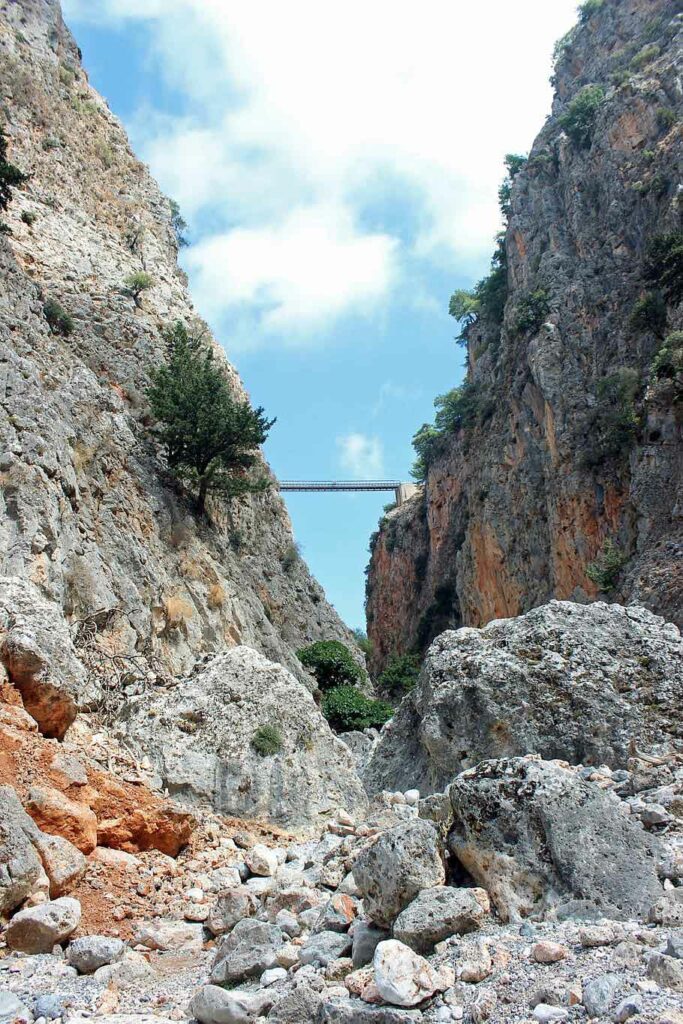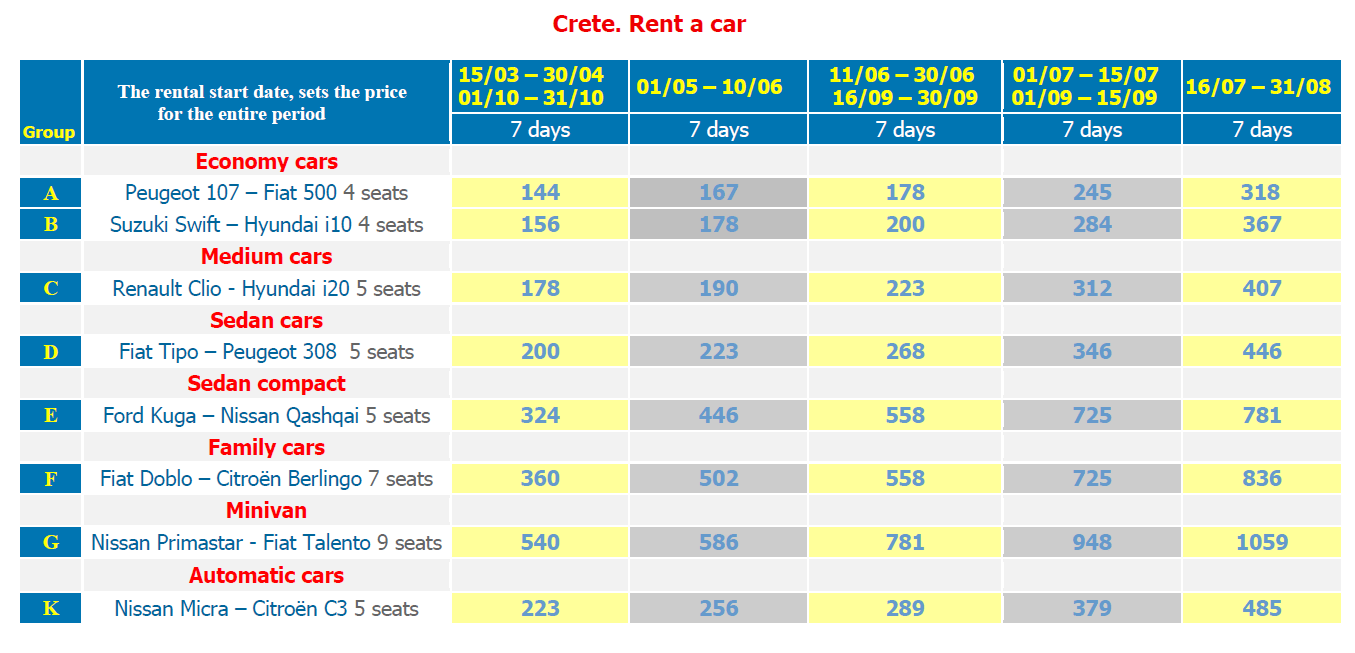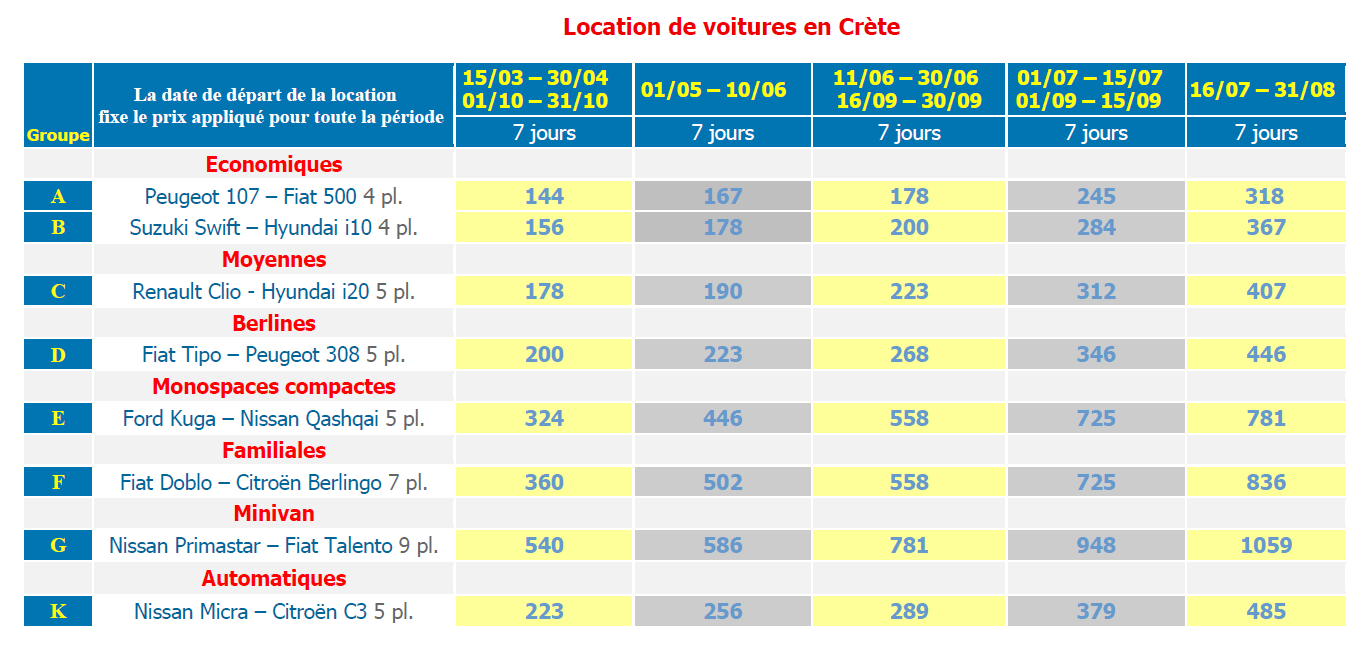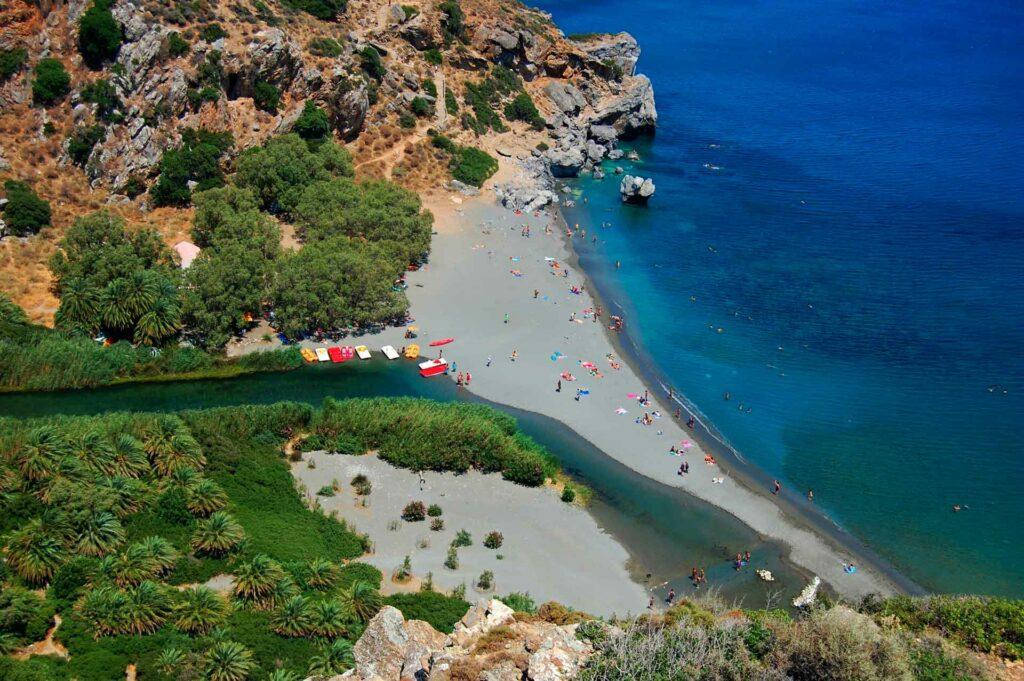Home » DISCOVERY » Crete and Greece. Useful information » Culture and traditions
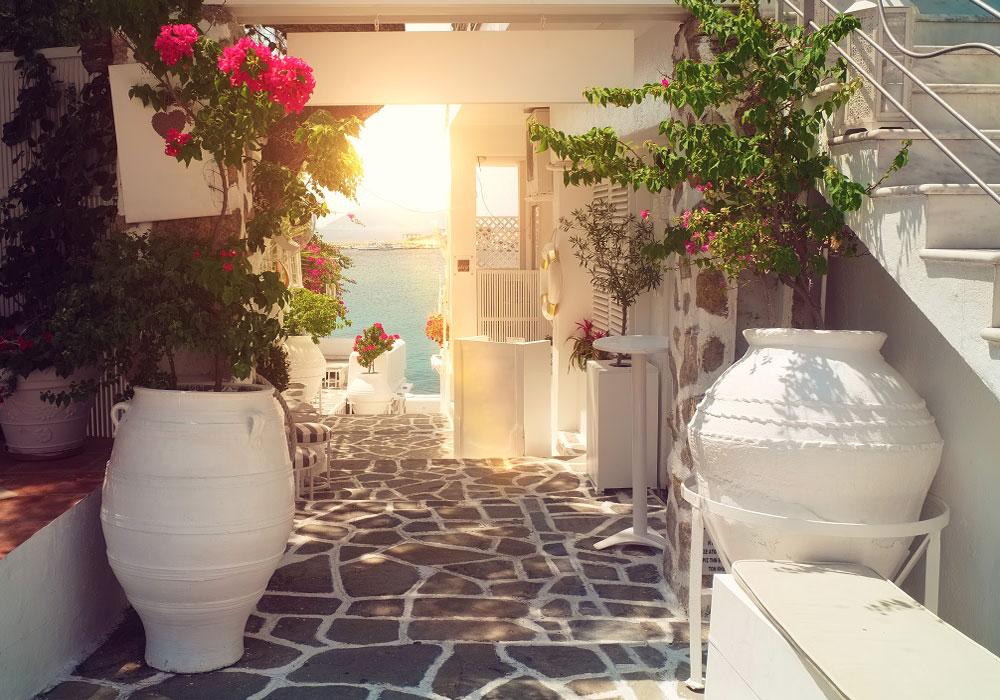
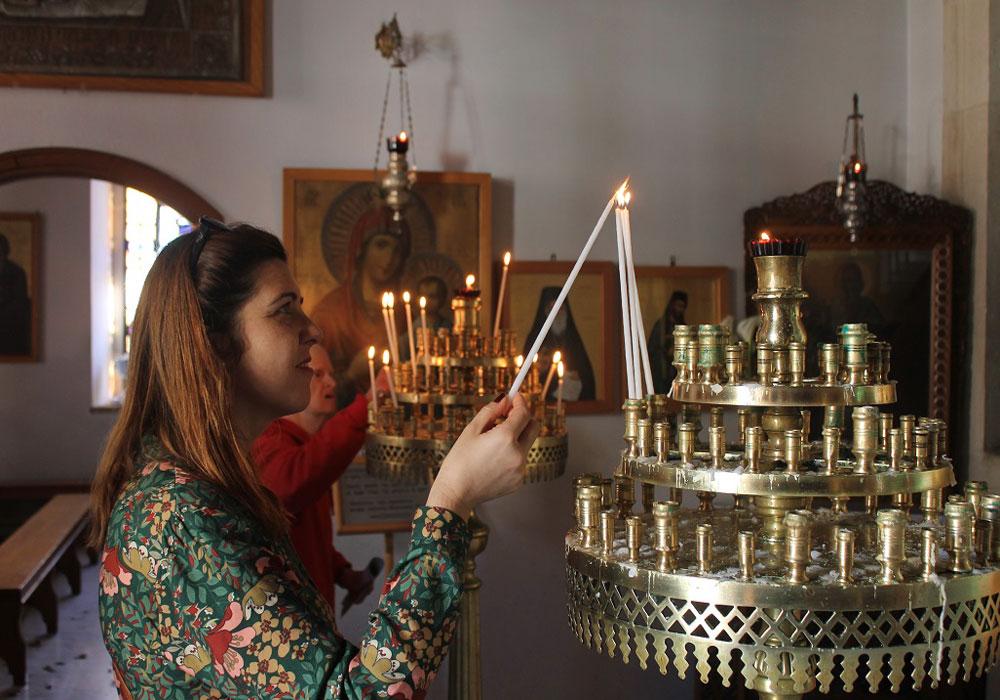
Crete and Greece
Language and traditions
The Cretans, as islanders with a different history from the rest of Greece, have their own very distinct culture and have kept their own accent. As a result, they have preserved their traditions, music, dances, gastronomy and many of their own words, making them easily recognisable among Greeks.
Speaking Greek
If you are not lucky enough to speak Greek, basic English will suffice. However, make an effort to greet or thank the locals in Greek. It will be much appreciated. (Hello: yassas, and thanks: efcharisto)
French is unfortunately losing ground, as it is all over the world. Forty years ago, French was synonymous with culture and distinction. Today, the Cretans still have a certain sympathy for France and the French. Finally, it should be noted that here people define themselves first as Cretans and then as Greeks. Does this remind you of anything?
Religion and traditions
The Cretans are very attached to their traditions and religion (they are almost 100% orthodox Christians). Therefore, avoid the behavior of an "entomologist" or a "Japanese" with phones and pictures. Be respectful and discreet. Women should wear decent clothes when visiting monasteries and churches. Men should also avoid visits in beachwear (yes, I've seen it!) or shorts. The churches. Men should also avoid visiting in beachwear (yes, yes, I've seen it!) or shorts.
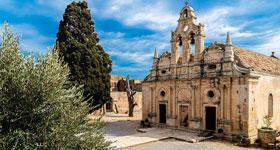
The main orthodox religious holidays are:
Christmas. A party in the family warmth, bringing together all generations within a family in the broadest sense, decorated with a traditional cuisine with smells, perfumes, tastes of yesteryear.
Easter. The Cretan and Greek religious festival par excellence. Here, secularism is not a value of the Republic, even if with the help of progress..., religious holidays are becoming more and more secular. Some years ago, almost everyone went to midnight mass on Saturday night, and the faithful lit their large candles with the "Holy Light" which they then took home. The feast, can then begin, after the 40 days of fasting. On Easter day, the tradition is to make a lamb on a spit, the occasion of an exceptional meal, well-watered and with music, to celebrate the resurrection of Christ and the arrival of spring. The Cretan cities and countryside, in the middle of spring, vibrate to the sounds of traditional music, intoxicated by the smell of the mechoui and the vapors of local wines.
The dormition of the Virgin Mary.This is celebrated on 15 August, another major Orthodox festival that also marks the end of the summer holidays. After 15 August, the "Athenians", having spent their holidays in the places of their origins, return to their city occupations.
The holiday of the Patron saint of each town and village (the feast of the parish saint, or votive feast, in the south of France), apart from the inevitable mass, a traditional meal is organized the day before, on the village square, which, in reality, covers the terrace of a café or a restaurant and the road that crosses it..., bringing together all the villagers around a Cretan music orchestra and ending with songs and dances.
Rent a car in Greece: Crete (Heraklion, Chania, Rethymnon, Agios Nikolaos) – Athens – Rhodes – Corfu – Mykonos – Santorini – Thessaloniki – Preveza/Aktion/Lefkada – Patras/Araxos – Kalamata – Paros – Syros – Kos – Naxos – Lesbos – Thassos – Zakynthos/Zante

